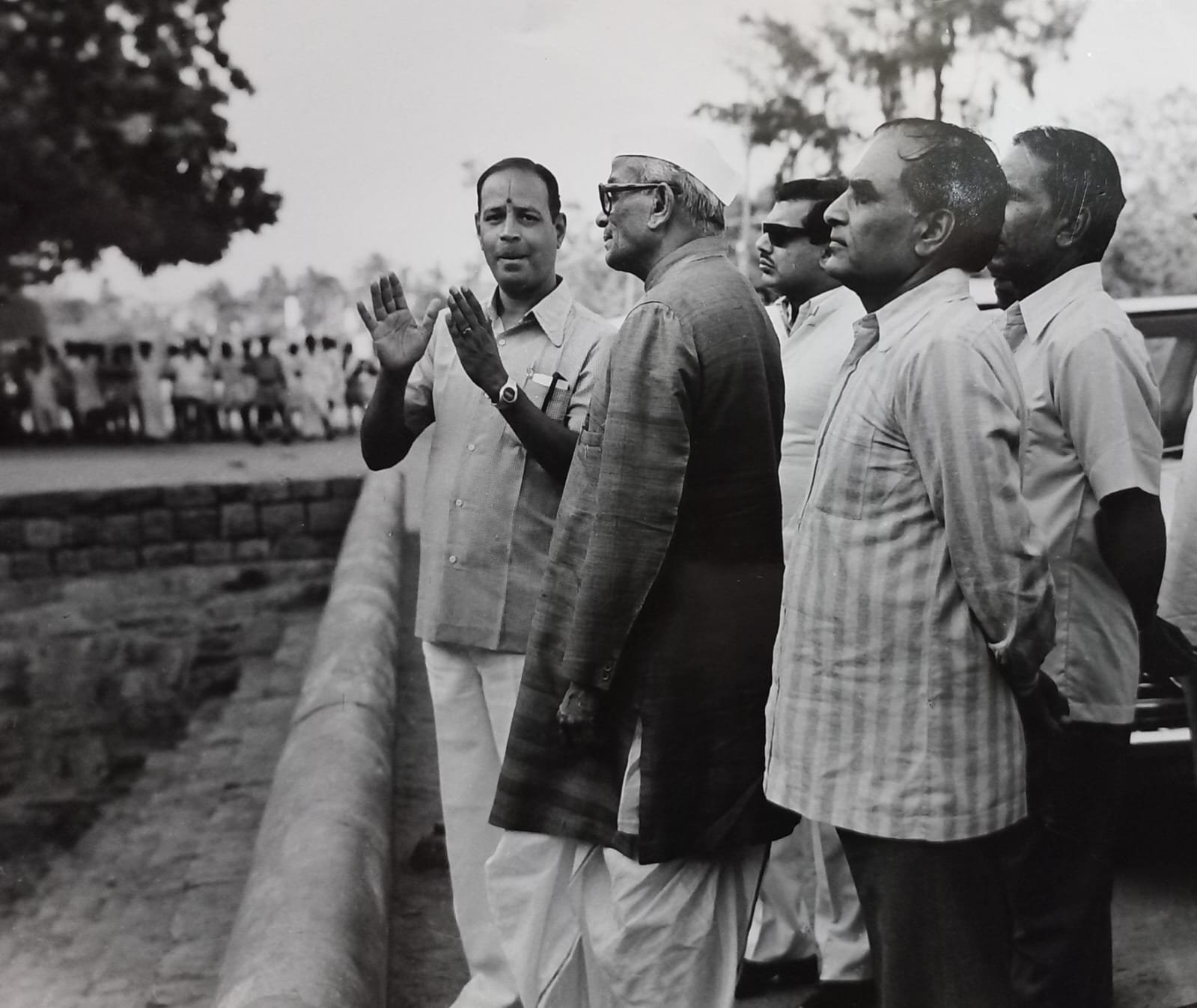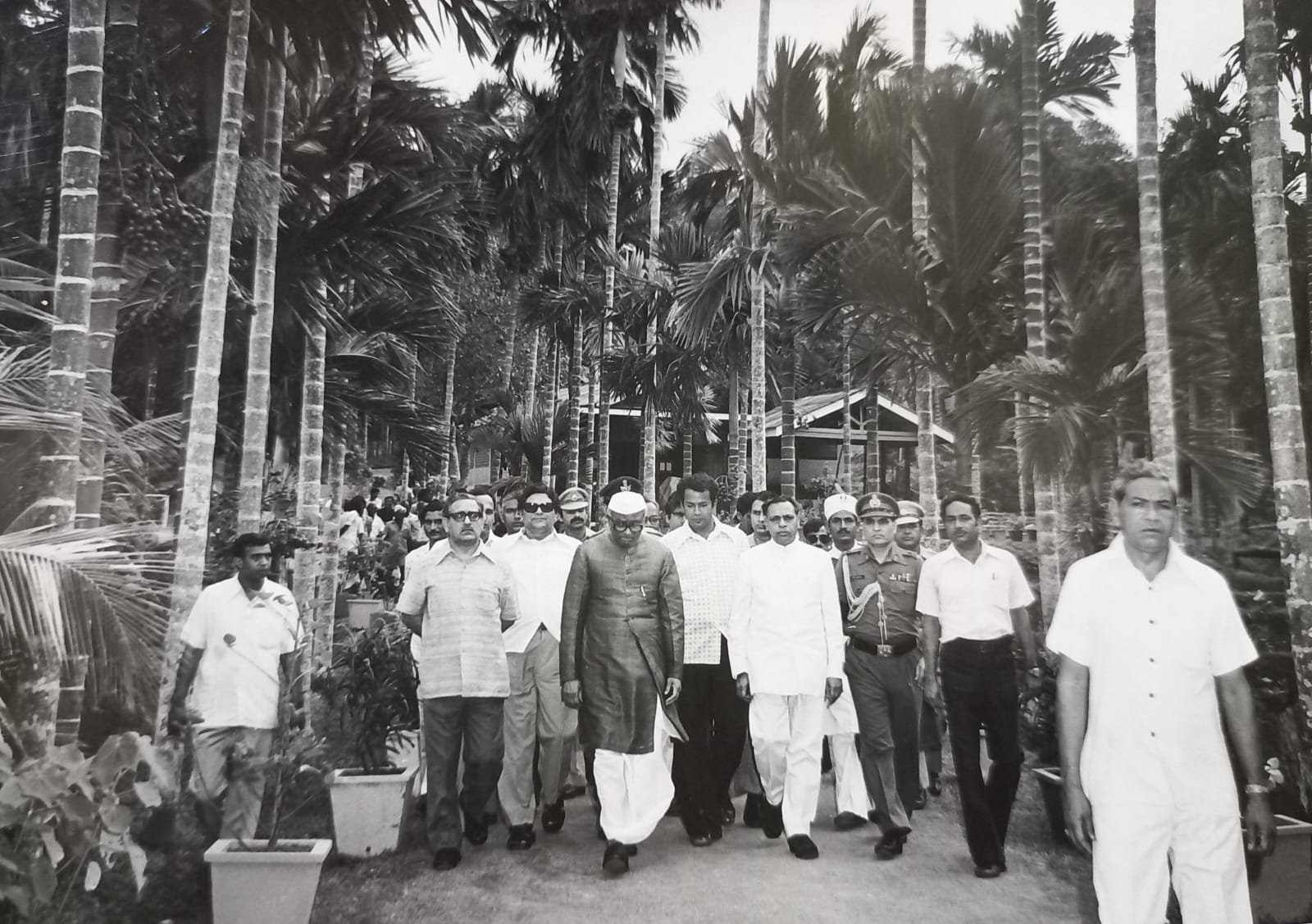Inside the Rashtrapati Bhawan: Unveiling Political Intrigues and Significant Moments
Introduction:
As I assumed the charge of Military Secretary to the President in the Rashtrapati Bhawan, I was well aware of my responsibilities and the potential to contribute to the welfare of our soldiers, ex-servicemen, downtrodden villagers, farmers, and my home state of Jammu and Kashmir. The historical significance of this region, with its rich cultural heritage and strategic location, had always fascinated me. However, I also realized the need to address certain issues plaguing our military education and training, which seemed to lack an emphasis on our own Indian History and victories and accomplishments. My tenure at the highest office provided a unique opportunity to influence the future of our armed forces positively.
Political Turmoil and Ambitions:
During my time at the Rashtrapati Bhawan in 1979, I witnessed the brewing political scenario in the Parliament, characterized by ambitious maneuvering that often remains hidden from the ordinary citizens who are primarily concerned about their livelihood. The ruling Janata Party, led by Morarji Desai, faced internal divisions, primarily spearheaded by Choudhary Charan Singh and his faction, which seemed to enjoy the support of the President of India, Sanjiva Reddy. Regular meetings between the President and Charan Singh’s group fueled speculations and unrest.
A Calculated Move:
To dislodge Morarji Desai, Charan Singh’s faction concocted a complaint against Kanti Bhai Desai, Morarji’s son, in an attempt to force his resignation or a vote of no confidence. At this critical juncture, I received a call from a minister in Morarji Desai’s government, seeking to hand over a political memorandum meant for the President. Despite recommending them that they approach the Secretary to the President, they insisted on presenting it to me directly. I handed over the Memorandum to the President, which caused significant unrest as the news spread.
Unsettling Times and Security Concerns:
The period that followed was marked by uncertainty and unease. Indira Gandhi, who had recently won the elections, took office as Prime Minister on January 14, 1980. However, factionalism and security concerns plagued the Rashtrapati Bhawan during this intervening period. Threats and abusive letters were received, prompting us to relocate the President’s family to a secure location in South India until the elections concluded. The security measures in the Rashtrapati Bhawan were enhanced, including the installation of barriers, as the safety of the President became a top priority.
Unsettling Times and Security Concerns:
The period that followed was marked by uncertainty and unease. Indira Gandhi, who had recently won the elections, took office as Prime Minister on January 14, 1980. However, factionalism and security concerns plagued the Rashtrapati Bhawan during this intervening period. Threats and abusive letters were received, prompting us to relocate the President’s family to a secure location in South India until the elections concluded. The security measures in the Rashtrapati Bhawan were enhanced, including the installation of barriers, as the safety of the President became a top priority.
Indira Gandhi’s Swearing-in:
An interesting episode unfolded after Indira Gandhi’s electoral victory in 1980 General Elections. Rajiv Gandhi urgently sought a meeting with me to discuss an important matter. Rajiv informed me that his mother, Indira Gandhi, was advised by her spiritual mentor to avoid taking the oath facing the north, as it could be deemed inauspicious for her future. Rajiv, aware of the President’s potential reluctance due to his disposition towards Indira Gandhi and the Congress party, requested my assistance in persuading the President to change the direction of the swearing-in ceremony.
An Unprecedented Change:
Approaching the President with this unusual request, I faced initial resistance. The President argued that such changes had never been made before, citing the established ceremonial arrangement. However, I emphasized the importance of Indira Gandhi feeling mentally prepared and supported as she embarked on the challenging task of governing the nation for the next five years as Prime Minister of the largest democracy of the world. Eventually, the President relented, agreeing to the modification. The next day, Indira Gandhi was sworn in as Prime Minister, and she went on to lead the country for four years and eight months until her untimely assassination in October 1985. How true was his Guru Ji.
Conclusion:
My time in the Rashtrapati Bhawan exposed me to the intricate dynamics of politics and the hidden machinations within the highest offices of the country. The events and incidents that unfolded during those years not only shed light on the internal struggles within political parties but also highlighted the importance of strong leadership and stability for the nation’s progress. It is essential that citizens are aware of these historical moments to gain a better understanding of the functioning of our political system and to foster a more informed and politically conscious society. The Indian Policy appeared threatened but after the arrival of Modi the situation has been stabilised.

